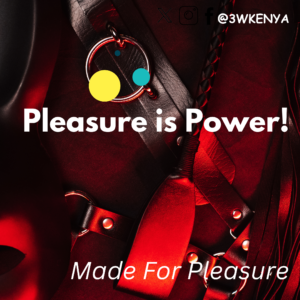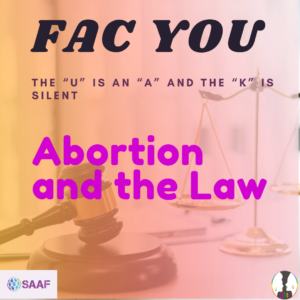Let’s address Intimate Partner Violence among LBQ women!
Intimate Partner Violence (IPV) describes physical violence, sexual violence, stalking, or psychological harm by a current or former partner or spouse.
As strategies to combat COVID-19 include self-isolation and quarantine, a global increase in Intimate Partner Violence is being observed. Importantly, Lesbian, Bisexual, and Queer person’s experiences are always left out because of systematic discrimination and homophobia. Every effort to address the vice is always linked to heterosexual relationships and/or partnerships. When discussing the dynamics of IPV, our direct assumption is it happens between a man and a woman, leaving the fact that it is also happening in same-sex relationships (LBQ). It is important to note that IPV occurs in any context regardless of ones’ gender identity or sexual orientation.
IPV among LBQ women includes physical, sexual, and psychological abuse. LBQ women who abuse their partner may do so for reasons similar to those that motivate heterosexual male batterers; all these aimed at maintaining power and control.
The following are the tactics perpetrators use to a survivor;
- Isolation and Outing
When people are first coming out, they are very vulnerable to abuse – they may be losing friends and family or maybe alienated from their cultural, ethnic, religious familial community, and institutions. The isolation that most LBQ persons face as a result of homophobia is useful to a batterer who is trying to isolate their partner. Threatening to “out” a person (which could mean losing children, ostracism, job loss, etc.) is a powerful tool of control.
- Using Vulnerabilities
A batterer may use their own vulnerabilities to obligate or coerce their partner into staying, caring for them, and/or prioritizing batterer’s needs. Using vulnerabilities often results in survivors being exploited (resources, time attention) and undermines survivors’ attempts to negotiate boundaries or prioritize self.
- Using Children
In many countries, Kenya included; homosexuality is considered a vice and taboo that calls for 14 years imprisonment. LBQ women may experience abuse from a partner by using children to coerce and threaten them. The use of children may be in the context that the abusive partner may threaten to out the other to example the “baby daddy”, in this it makes leaving the abusive relationship complex and impossible. The abuser is exerting power using the children
- Using Small Communities
Using friends or family and the small number of open and affirming community spaces to monitor a survivor and gather information, or to ostracize or threaten to ostracize the survivor. Please note: safety planning cannot reply on the survivor never being in a community space with the batterer. Our communities are too small for this. We must do harm reduction planning or the survivors may “drop out” of the community to avoid the batterer and risk further isolation.
- Alcohol and Drug Abuse
LBQ folks have higher rates of alcohol and drug use and abuse than in mainstream larger communities. Batterers leverage the ongoing consequences of ways that LGBT peoples’ lives have been historically criminalized as well as the realities of current drug use when setting up/maintaining a system of power and control.
For those who are in abusive relationships, therapy can help rebuild a healthier sense of self over time. Therapy may also include safety planning and intensive emotional support. For those who recognize their own abusive tendencies, intervention programs are effective in changing abusive behavior.
For those in abusive relationships, it is important to note that the threat of serious harm is not only great during the relationship but is often at its peak right after the termination of the relationship. If you or a friend are currently concerned about your relationship, it is important to get the support you need. Also, you can call us on our toll-free line (0800-720-586) for support.




